



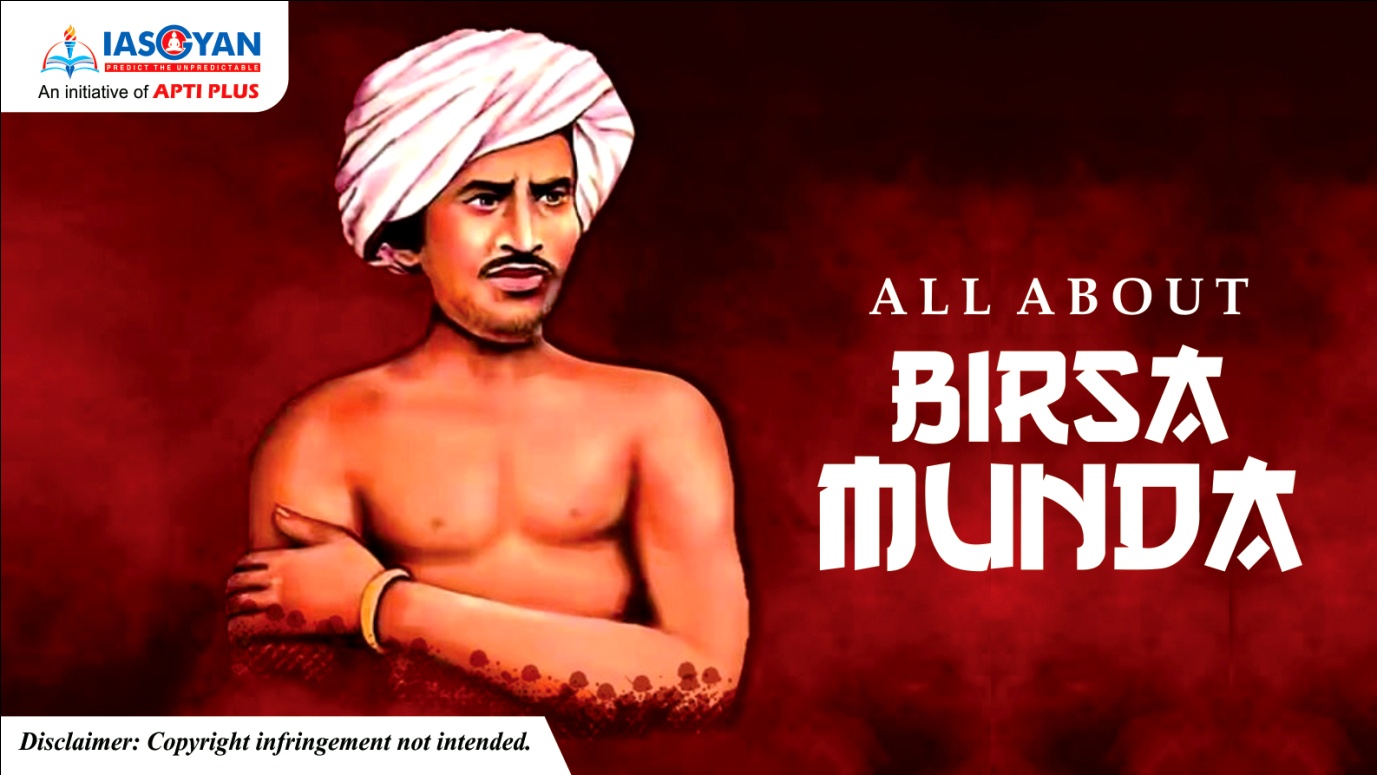
Copyright infringement is not intended
Context: Union Education and Skill Development Minister released a book “Birsa Munda – Janjatiya Nayak”.
About Birsa Munda:
His contributions:
|
Religion
|
· Renounced Christianity and protested against conversion of Tribals by Christian missionaries. · Created a new religion called “Birsait”, which worshipped only one god. · Birsait soon became the popular religion among the Mundas and Oraons. · Preached a strong anti-British sentiment through his religion. |
|
Reformer
|
· Stressed on the need of the tribals to study their own religion and not forget their cultural roots. · Convinced people to give up superstition, alcohol, theft, lying, murder and begging under his new religion. |
|
Munda Rebellion
|
Background · Munda tribals practiced Khuntkatti system (joint holding by tribal lineages). · However, British colonial system intensified the transformation of the tribal agrarian system into a feudal state by introducing Zamindari-tenancy system. · Outsiders (Dikus) were invited by the Brtitish to settle on and cultivate the tribal land. · Thus, the various tribes, who were the original owners of the land, were left bereft of land and any means of livelihood.
'Ulgulan' or the 'Great Tumult' (1899-1900) · Birsa infused in tribals the values to love, respect, support and safeguard their land from outsiders. · He used traditional symbols and language to rouse people, urging them to destroy “Ravana” (dikus and the Europeans) and establish a kingdom under his leadership. · He mobilised thousands of tribal folk to form guerrilla armies to attack the British Raj. · He declared that the reign of Queen Victoria was over and the Munda Raj had begun. · He gave orders to the raiyats (tenant farmers) to pay no rents. · The people attacked police stations and churches, and raided the property of moneylenders and zamindars. They raised the white flag as a symbol of Birsa Raj. · The attacks were launched not only on the moneylender-landlord-mahajan-contractor combine, but directly against the British. · The massacre at Dumbri Hill made it a “hill of the dead” when hundreds of tribals lost their lives for the cause of freedom against the modern ammunition of the British. · The Great Tumult against Britishers sought to establish Munda Raj and independence. · The slogan of the movement was “Abua Raj ete jana, Maharani Raj Tundu Jana” which means “Let the kingdom of queen be ended and our kingdom established”. Outcome · The Britishers were forced to abolish the feudal system that plagued the Adivasi lands in Jharkhand and Bihar. · Birsa compelled the Britishers to introduce new legislation - the Chota Nagpur Tenancy Act, 1908. This Act prohibited the transfer of tribal land to non-tribal parties. · Government recognized Khuntkatti rights and banned Beth Begari (forced labour) |


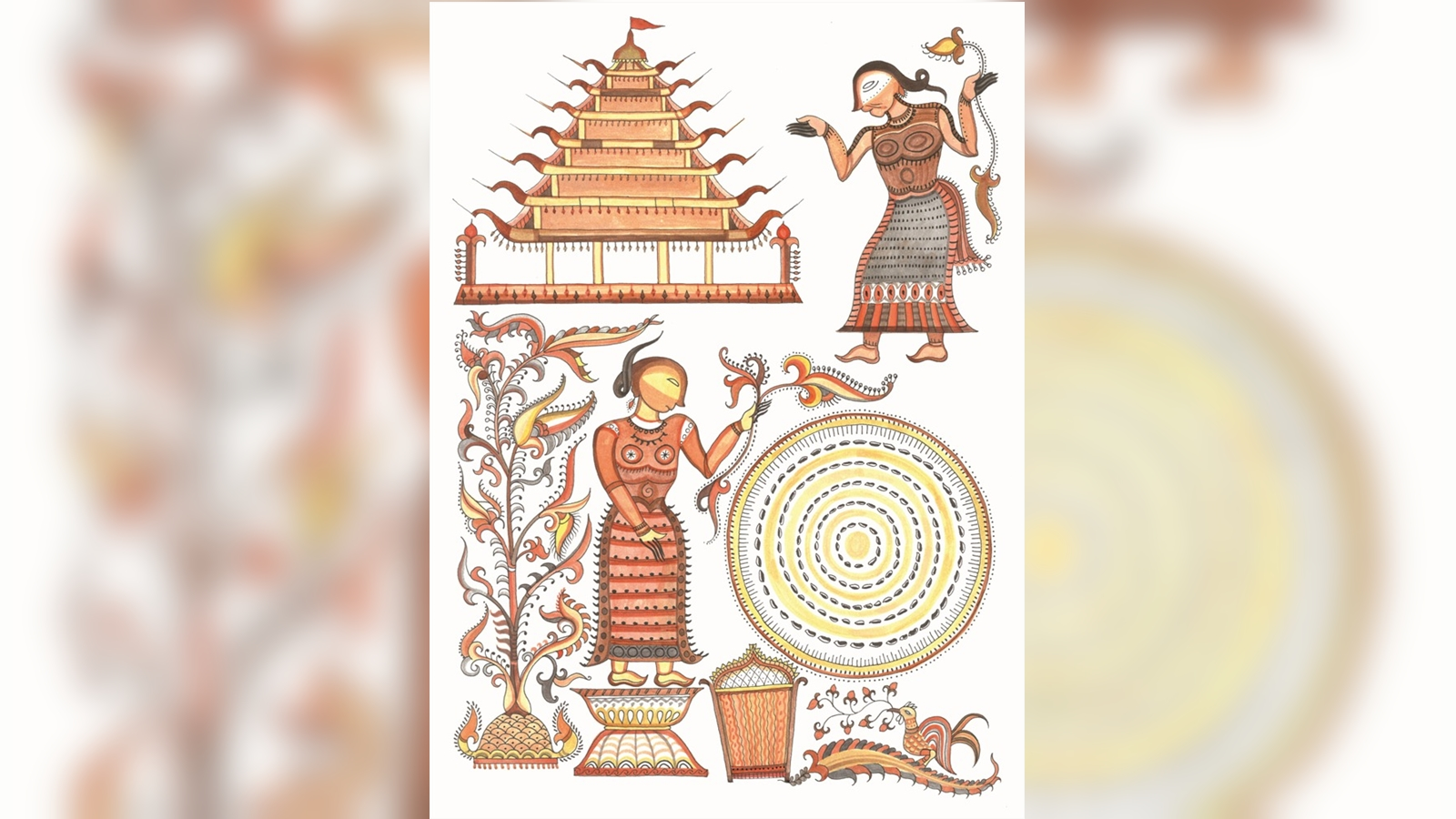
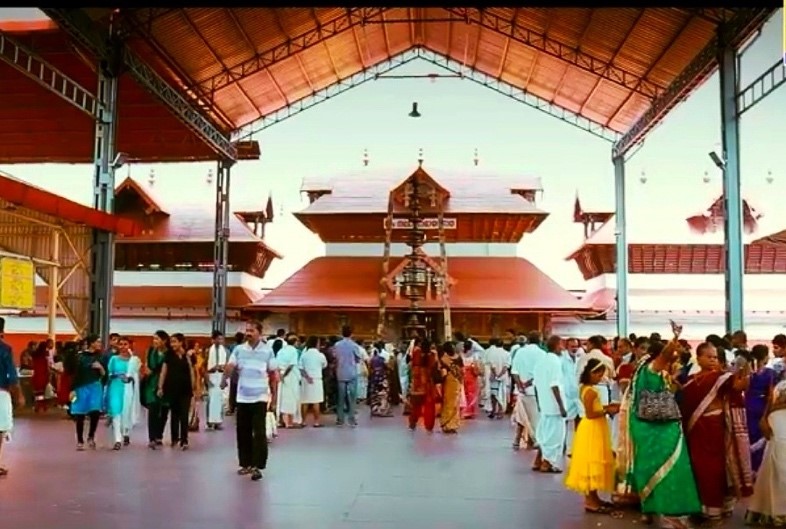
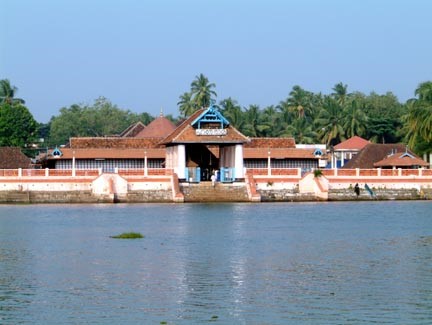
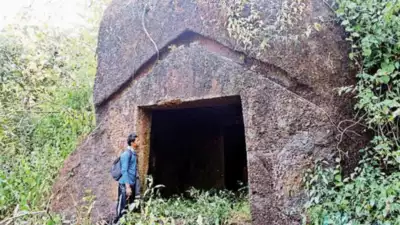
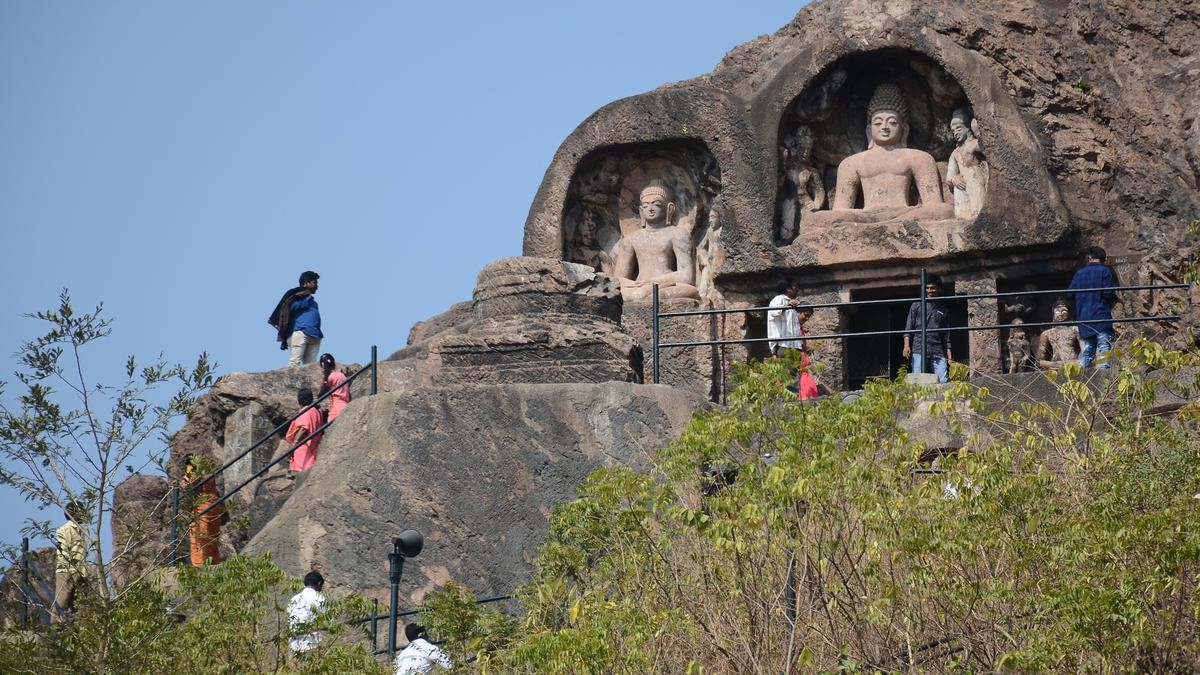
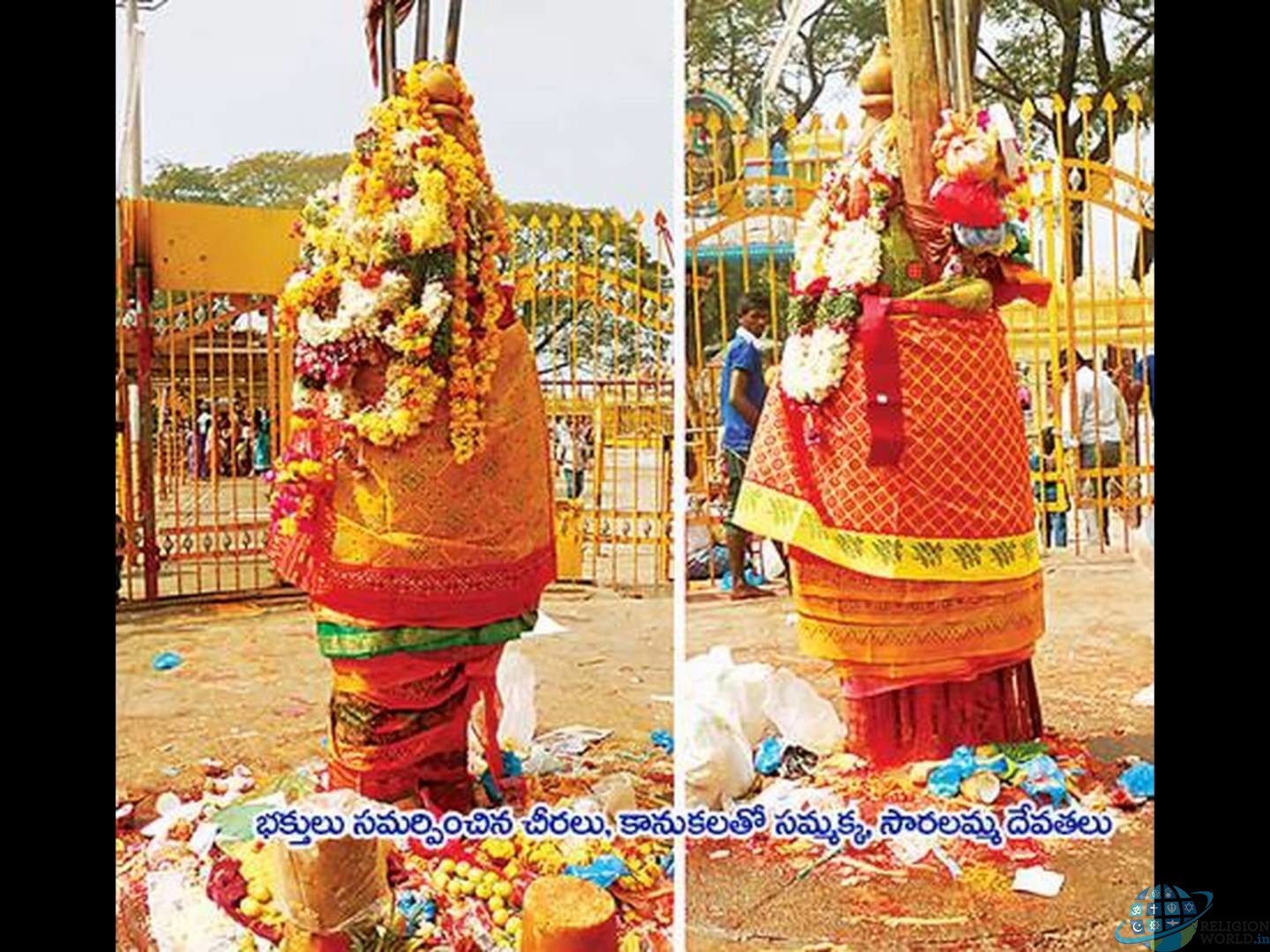
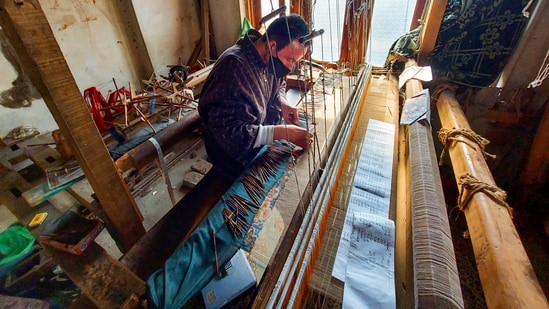

© 2025 iasgyan. All right reserved